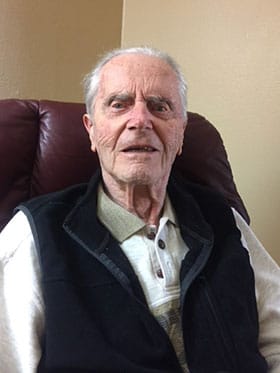Medicaid Planning – How to Pay for the Nursing Home Without Going Broke
With the monthly cost of care in a nursing home averaging $8,500 in the Denver and Boulder metropolitan area, one of the greatest challenges faced by elders and their families is how to pay for such care. For many, the Medicaid Program is there to help.
To qualify for Medicaid for long-term care, the Medicaid applicant: (1) must need a nursing home or assisted living level of care; (2) have gross monthly income of less than $7,864 (the income of the well spouse is not included in this calculation); and, (3) not have more than $2,000 in “countable assets.” “Countable assets” do not include: a home, an automobile, pre-paid burial/funeral plans, small life insurance policies, medical equipment, and most personal property.
For married couples, there are some very important protections. First, the well spouse is entitled to keep $1,966 of the couples’ income (increased to a maximum of $2,931 if the well spouse has certain additional qualified expenses). Then, in addition to the home, car, personal property and other exempt assets, the well spouse is also permitted to retain roughly $117,000 in countable assets.
If a Medicaid applicant has countable assets in excess of the permissible amount ($2,000 if single; $117,000 if married), there are Medicaid planning strategies which can be used to protect your estate. One set of strategies involves converting excess countable assets into exempt assets. For instance, the well spouse might use some of the assets in excess of $117,000 to make improvements to the home, purchase a newer automobile, prepay burial/funeral plans for both spouses, etc.
The other set of Medicaid planning strategies involves giving away assets. This only works if it’s done just right. The law has severe penalties for people who give away their assets to create Medicaid eligibility. If done properly, however, a significant portion of a person’s assets can often be preserved.
Because Medicaid is a very complex and rapidly changing area of law, and this is only a brief summary, individuals considering Medicaid should seek the assistance of a knowledgeable Elder Law attorney prior to acting on any such information.


